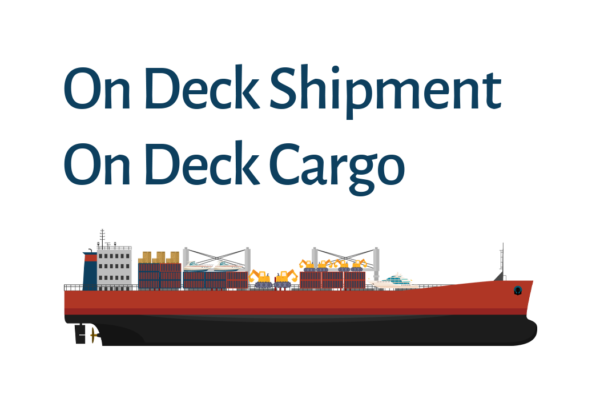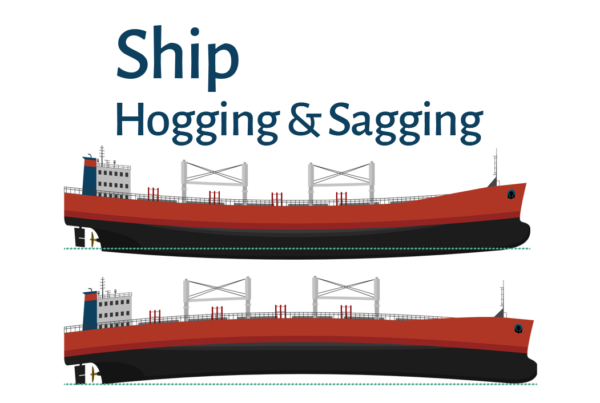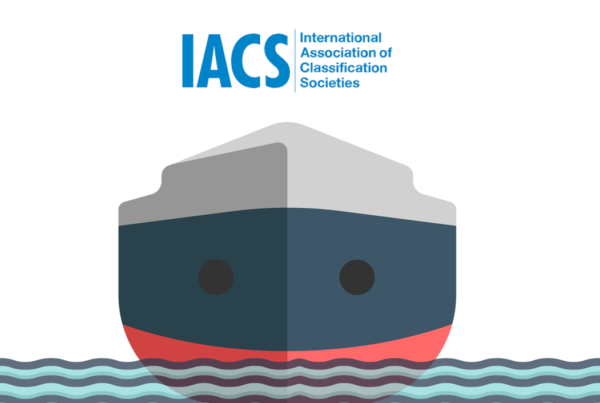A ‘ship classification society,’ ‘ship classification organization,’ ‘ship class,’ or simply ‘class‘ refers to an authoritative institution in the maritime industry. A ship classification society is an organization that assesses and certifies ships for compliance with safety, environmental, and construction standards. They play a pivotal role in ensuring the safety, reliability, and compliance of vessels within the maritime industry. Ship Classification societies also deliver statutory services to both the maritime industry and regulatory bodies, focusing on enhancing maritime safety and preventing pollution.
In this blog, we define the roles and responsibilities of Classification Socities, the importance of IACS(International Association of Classification Societies), leading Class bodies, Türk Loydu, and Rules and Regulations for Classification Societies in general.
Classification Society
Rules & Regulations, Surveys, Certification, Technical Advise, Accident Investigation
Classification Societies act as independent organizations responsible for evaluating and certifying ships based on established standards and regulations. Ship classification involves a thorough inspection of a vessel’s design, construction, and maintenance, focusing on critical aspects such as structural integrity, machinery, and safety systems.
By adhering to stringent classification guidelines, ships receive a classification certificate, affirming their fitness for service and adherence to international maritime standards. The concept of ship classification covers the naval architecture, shipping regulations, and shipyard operations during building and maintenance.
This certification not only instills confidence in shipowners, operators, and insurers but also underscores the commitment of classification societies to upholding the highest levels of safety and environmental responsibility in the global shipping network.
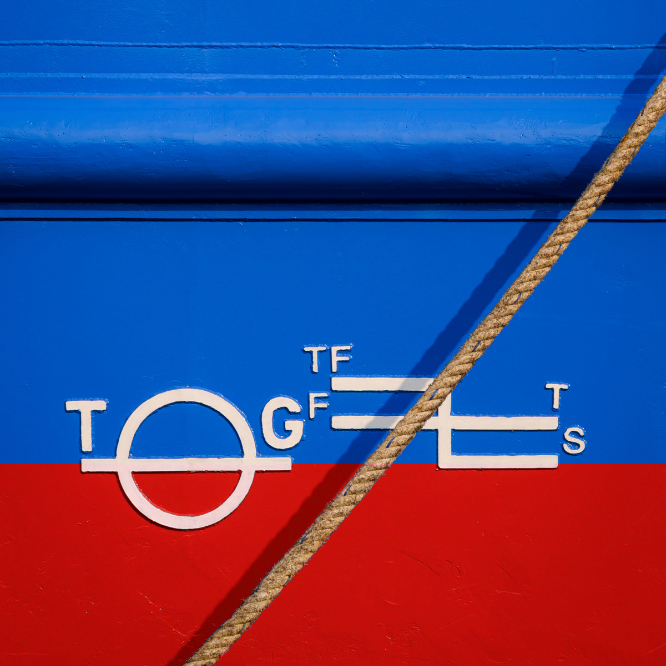
”A classification certificate issued by a classification society recognised by the proposed ship register is required for a ship's owner to be able to register the ship and to obtain marine insurance on the ship, and may be required to be produced before a ship's entry into some ports or waterways, and may be of interest to charterers and potential buyers. The letters inscribed within the Plimsoll mark on ships play a crucial role in indicating the vessel's class society. The Plimsoll mark, typically located on the ship's hull, serves as a visual reference for its load line and, importantly, displays a set of alphanumeric characters. These characters often represent the ship's registration details.
One of the primary roles of a Classification Society is to establish and uphold safety standards within the shipping industry. This involves the classification and verification of vessels to confirm their compliance with international safety codes.
Classification Societies provide statutory services by assisting regulatory bodies in ensuring that vessels adhere to international maritime regulations governing their construction, equipment, and operation.
In alignment with global environmental concerns, Classification Societies actively contribute to pollution prevention efforts. They assess and endorse technologies and practices that minimize the environmental impact of maritime activities.
History of Classification Societies
Lloyd’s Coffee House in London
In the latter half of the 18th century, a significant development in the maritime world emerged from the Lloyd’s coffee house in London, where marine insurers sought an effective means to assess the technical attributes of ships seeking insurance coverage.
This initiative led to the formation of a Committee in 1760, giving rise to the earliest tangible outcome—the Lloyd’s Register Book spanning 1764-65-66. The pioneering approach involved an annual classification of each ship, denoting the condition of its hull as A, E, I, O, or U, reflecting the quality of construction and ongoing soundness. Equipment received classifications of G, M, or B, indicating good, middling, or bad.
Over time, the system evolved, replacing G, M, and B with 1, 2, or 3, laying the foundation for the renowned ‘A1’ designation symbolizing first or highest class.
This concept gradually extended beyond London, spreading to various countries and insurance markets. Bureau Veritas (BV) emerged in 1828 in Antwerp, later relocating to Paris in 1832. Concurrently, ‘Lloyd’s Register of British and Foreign Shipping’ transformed into an independent ‘Classification Society’ in 1834, complete with published construction and survey rules.
”The first thing which must be said is that whilst a ship must be Registered it does not, in theory, have to be classed. However, bearing in mind the very nature of classification - an ship conde ocaine oner in suraite or Employmen considering the fact that snipers and Charterers together with Underwriters and P&l Clubs all insist that the vessel has to be classed.
Ship Operations and Management, 2011/2012 Centenary EditionInstitute of Chartered Shipbrokers
This independent check is carried out by Classification Societies which are autonomous bodies structured in a number of different ways. Some are limited liability companies with shareholders (Germanischer Lloyd and BV are examples of this type), some enjoy an unusual charitable status (Lloyd's Register) and some are state owned or licensed (RS, IRS and CCS).
As a rule of thumb, the vessels do not have to be classed in theory to trade. However, most charterers today prefer only to work with vessels that are classed by one of the IACS-approved Classification Societies. Therefore, It is estimated that the Members of IACS collectively class over 90 percent of all commercial tonnage involved in international trade worldwide.
SHIP CLASSIFICATION SOCIETIES
Guiding maritime excellence, ensuring safety, and fostering innovation in every voyage, Ship Classification Societies are the guardians of maritime standards and the pioneers of nautical advancement.
The Roles of Classification Societies
Developing Regulations, Surveys, Certification and Technical Advise
Classification societies are integral to maritime safety, taking on key roles in rule development of rules & regulations, ship surveys, certification issuance, and technical guidance. They establish and enforce rules governing vessel construction and operation, conduct surveys to ensure compliance, issue certificates, and provide crucial technical advice to improve ship design and operations. In the event of accidents, these societies contribute expertise to investigations. Overall, they play a very important role in upholding safety, reliability, and environmental standards in the maritime sector.
Developing Rules and Regulations
One of the top functions of Ship Classification Societies is spearheading the development of rules, regulations, and guidance that set the standards for ship construction, safety, and environmental compliance. Class Societies meticulously formulate and update guidelines to ensure vessels adhere to the highest design, construction, and maintenance standards. In this way, they contribute to their ultimate goal of fostering a safety and sustainability culture in the maritime industry.
Surveys & Inspection
Classification societies are instrumental in ensuring ship safety through rigorous surveys and inspections. These assessments cover crucial aspects like hull integrity, machinery, and environmental compliance from design to operation.
By upholding strict standards, classification societies provide essential information for optimal vessel performance, contributing to global maritime safety and fleet reliability. Shipowners rely on these meticulous inspections to meet and exceed industry standards for operational excellence.
Certification
Classification societies play a pivotal role in the maritime industry by providing certification services that attest to a ship’s compliance with safety and environmental standards. These certifications, issued after thorough assessments, affirm a vessel’s adherence to specific rules and regulations, covering aspects such as construction, equipment, and operational practices.
Shipowners, operators, and charterers seek these certifications as a testament to their commitment to safety and regulatory compliance. The certifications not only enhance a vessel’s reputation but also contribute to overall maritime safety, instilling confidence in stakeholders and ensuring a sustainable and responsible shipping industry.
Technical Advice and Support
Classification societies offer invaluable technical advice and support to the maritime industry, serving as trusted partners in ensuring vessel safety, reliability, and efficiency. With their wealth of knowledge and expertise, these societies provide tailored guidance on ship design, construction, and maintenance. Additionally, in case of an unexpected event such as an accident or damage, Classification Societies act as an advisory body to support shipowners’ position on legal grounds.
By offering comprehensive technical support, classification societies contribute significantly to the continuous improvement and sustainability of the global maritime sector.
IACS – the International Association of Classification Societies
Dedicated to safe ships and clean seas, IACS makes a unique contribution to maritime safety and regulation through technical support, compliance verification and research and development. More than 90% of the world’s cargo carrying tonnage is covered by the twelve Member Societies of IACS.
IACS Members as of 2023
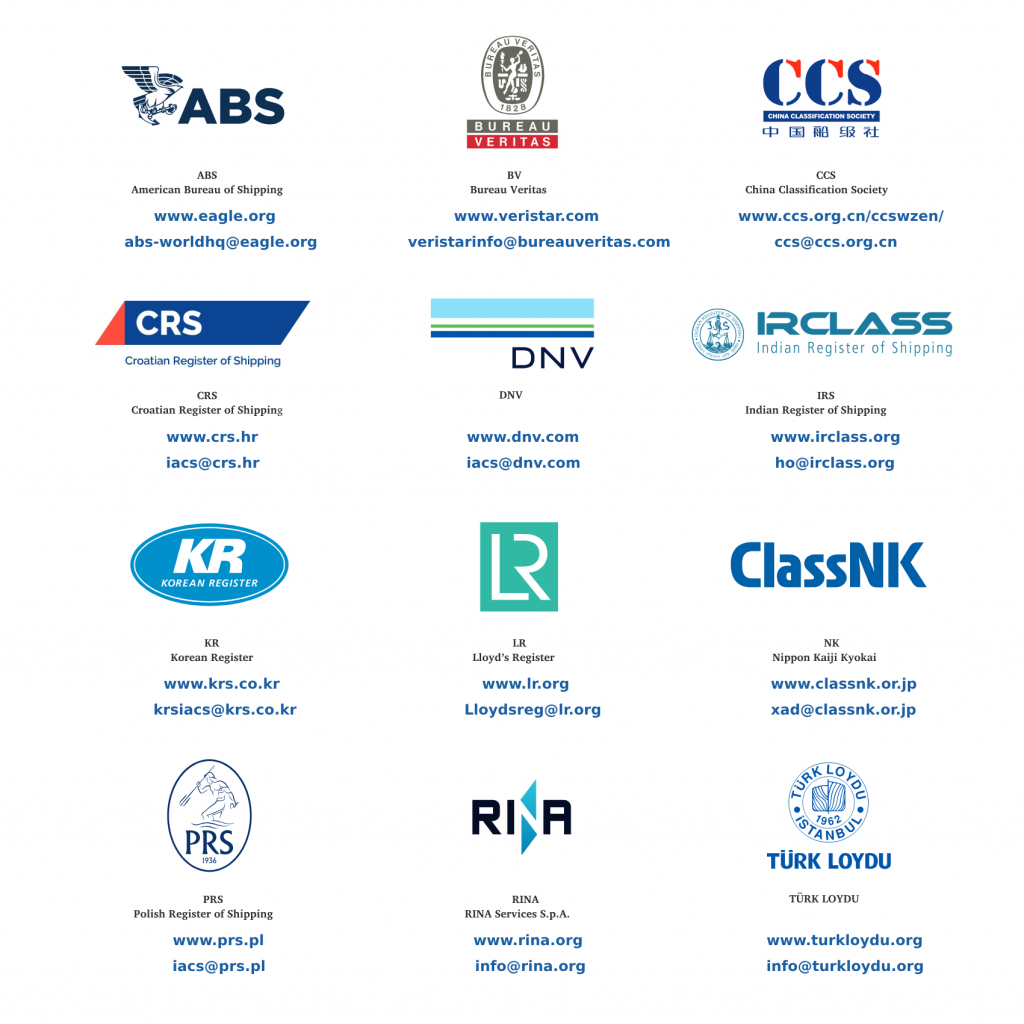
Notices
Notice DD 07 November 2023
Türk Loydu marked a significant achievement on November 1, 2023, by officially joining the International Association of Classification Societies (IACS) as its 12th member. The IACS Council’s declaration solidifies this recognition. Türk Loydu’s inclusion in IACS not only signifies a major milestone but also positions our national organization as a distinguished global brand.
Discover Our Other Posts
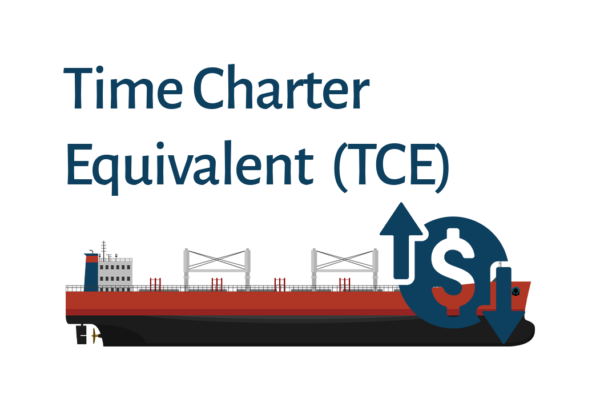
Time Charter Equivalent (TCE)
